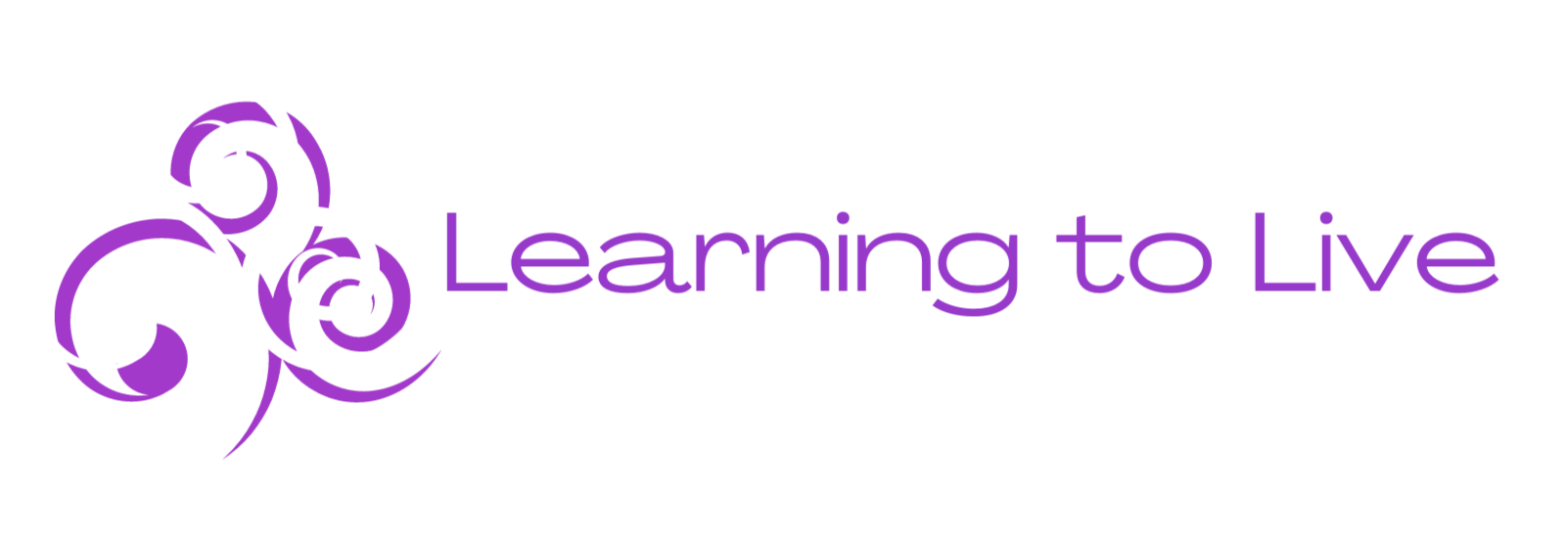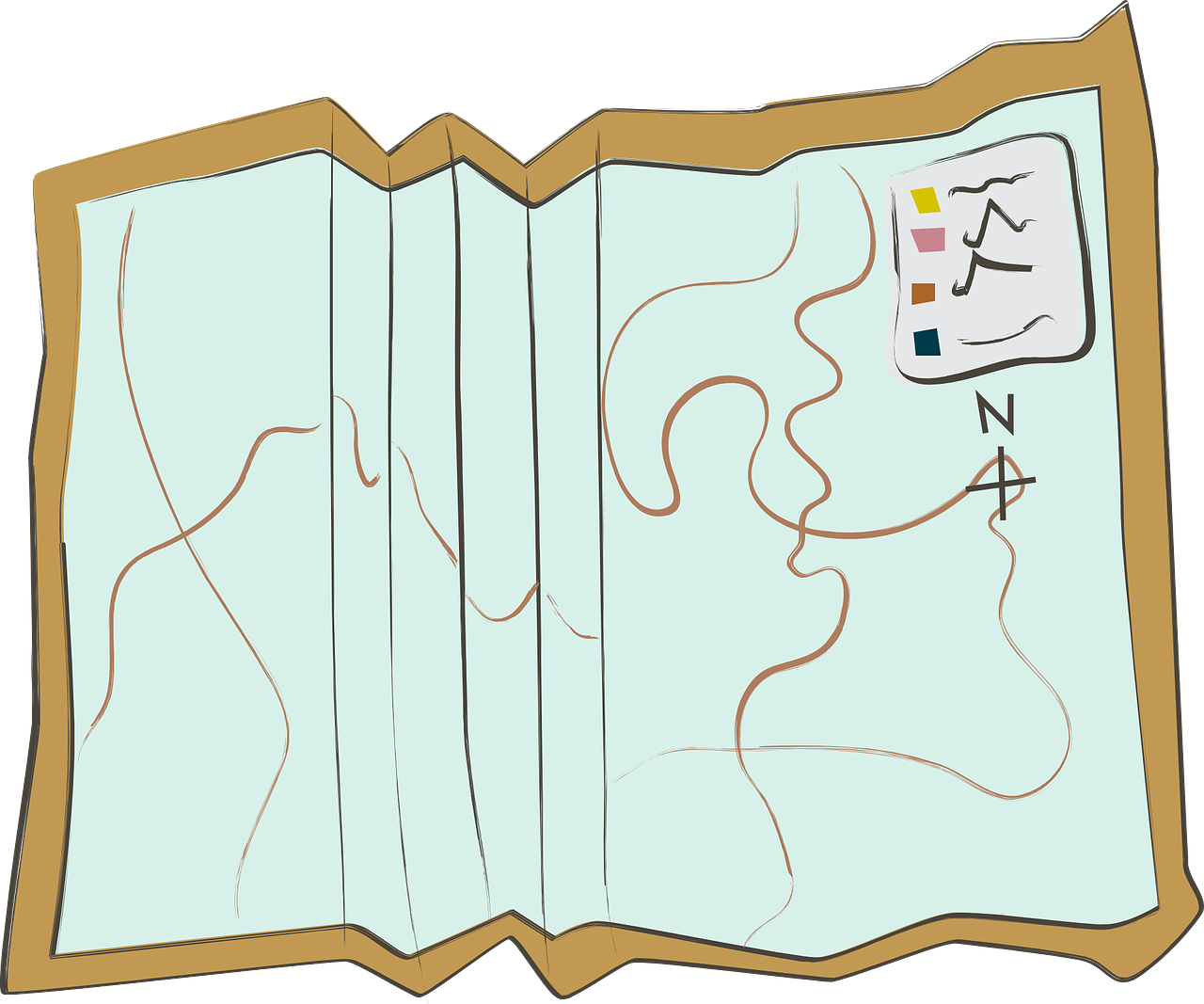At this time, because the British barely considered Africans human, far more citizens, Africans had no access to these public schools; however, some had sporadic access to religious education from as early as 1710 in Barbados (Gordon, 1963). These two types of education, one for the British and one for the African, along with the private tutorship and schools for the children of Plantation owners could be considered the beginning of the hierarchical public education system, by race and class, that exist in the Caribbean today; where each race and class is educated for a particular purpose - one for managing, one for being managed, and one for manual labour.
The 2nd Change
Birthed from that foundation, we could consider the second iteration of public education occurring around the Emancipation Act of 1833 where there was increased government involvement. Driven by the fear of losing control over the Africans who vastly outnumbered the British, the Sterling Report of 1835 suggested that because:
“their [Africans’] performance of the functions of a laboring class in a civilized community will depend entirely on the power over their minds of the same prudential and moral motives which govern more or less the mass of the people here. If they [Africans] are not so disposed as to fulfil these functions, property will perish in the colonies for lack of human impulsion; the whites will no longer reside there; and the liberated negroes themselves will probably cease to be progressive. The law having already determined and enforced their civic rights, the task of bettering their condition can be further advanced only by education” (Gordon, 1963. p.21).
In other words, the prime motivation for Britain’s push to ‘civilize’ Africans through education, was to be able to maintain control over them so that they could still be ‘of service’ to the whites; to preserve the pecking order. At this point in my exploration, I am unclear as to how the Africans felt about gaining access to education but it is important to remember that they would have had some perspective and position on this shift; whether excitement of being able to access something that they could not have had previously or being upset that they must now do something that they do not think was useful or any position in between.
During this time of Emancipation, there was an increase in both the number of schools in the region and the level of government involvement in education. The British Government, through the Negro Education Grant, offered Christian missionaries, who were already engaged in the education of the Africans, two thirds the cost of construction of building new schools for the education of Africans (Gordon, 1963). In order to manage the Negro Education Grant and to make sure it was achieving the goal of ‘civilizing’ Africans, the British government began monitoring and regulating the curricula, attendance, and performance of students, teachers and schools in the region through various Education Commissions and Departments. This was the beginning of the partnership between government and church in education that still exists today throughout the Caribbean. Eerily so, the same 2:1, government to church, school funding policy exists today, in the 21st Century, for denominational schools in Trinidad and Tobago, and I would hazard a guess that it may still exists in some form in other Caribbean countries.
“their [Africans’] performance of the functions of a laboring class in a civilized community will depend entirely on the power over their minds of the same prudential and moral motives which govern more or less the mass of the people here. If they [Africans] are not so disposed as to fulfil these functions, property will perish in the colonies for lack of human impulsion; the whites will no longer reside there; and the liberated negroes themselves will probably cease to be progressive. The law having already determined and enforced their civic rights, the task of bettering their condition can be further advanced only by education” (Gordon, 1963. p.21).
In other words, the prime motivation for Britain’s push to ‘civilize’ Africans through education, was to be able to maintain control over them so that they could still be ‘of service’ to the whites; to preserve the pecking order. At this point in my exploration, I am unclear as to how the Africans felt about gaining access to education but it is important to remember that they would have had some perspective and position on this shift; whether excitement of being able to access something that they could not have had previously or being upset that they must now do something that they do not think was useful or any position in between.
During this time of Emancipation, there was an increase in both the number of schools in the region and the level of government involvement in education. The British Government, through the Negro Education Grant, offered Christian missionaries, who were already engaged in the education of the Africans, two thirds the cost of construction of building new schools for the education of Africans (Gordon, 1963). In order to manage the Negro Education Grant and to make sure it was achieving the goal of ‘civilizing’ Africans, the British government began monitoring and regulating the curricula, attendance, and performance of students, teachers and schools in the region through various Education Commissions and Departments. This was the beginning of the partnership between government and church in education that still exists today throughout the Caribbean. Eerily so, the same 2:1, government to church, school funding policy exists today, in the 21st Century, for denominational schools in Trinidad and Tobago, and I would hazard a guess that it may still exists in some form in other Caribbean countries.


